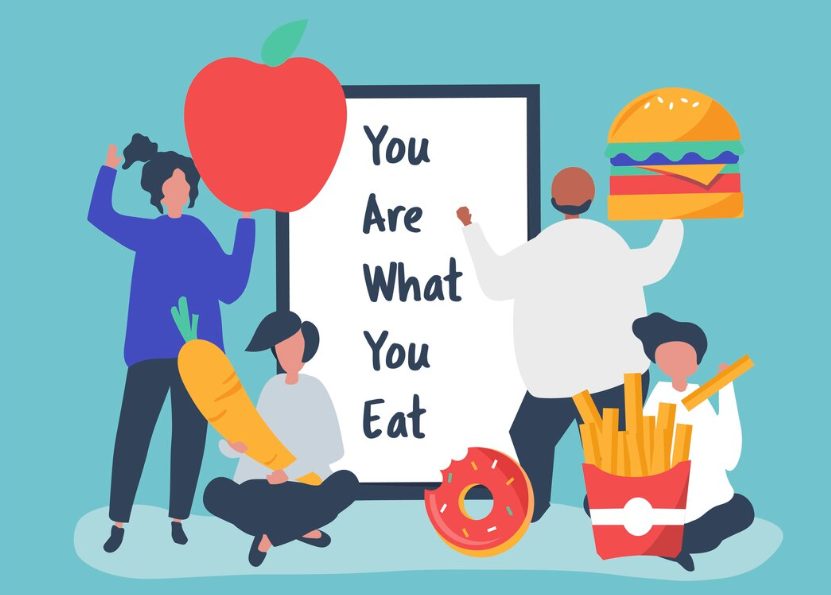
Gastritis and Diet: Meal Planning and Nutrition Tips
Introduction: Gastritis, the inflammation of the stomach lining, can cause discomfort and affect your daily life. While medical treatment is essential, managing your diet plays a crucial role in alleviating symptoms and promoting healing. Let’s explore some meal planning and nutrition tips to help you manage gastritis effectively.
1. Opt for Easily Digestible Foods: When dealing with gastritis, focus on consuming foods that are easy on the stomach. Choose foods that are soft, bland, and low in fat, such as boiled or steamed vegetables, lean proteins like chicken or fish, and whole grains like rice or oats.
2. Incorporate Probiotic Foods: Probiotics are beneficial bacteria that promote gut health and aid in digestion. Include probiotic-rich foods like yogurt, kefir, sauerkraut, and miso soup in your diet to help maintain a healthy balance of gut bacteria and reduce inflammation.
3. Avoid Trigger Foods: Certain foods can exacerbate gastritis symptoms and should be avoided or limited. These include spicy foods, acidic foods like citrus fruits and tomatoes, fried and greasy foods, caffeine, alcohol, and carbonated beverages.
Pay attention to how your body reacts to different foods and adjust your diet accordingly.
4. Eat Smaller, Frequent Meals: Instead of three large meals, opt for smaller, more frequent meals throughout the day. Eating smaller portions helps reduce the workload on your stomach and can prevent discomfort and bloating.
Remember to chew your food slowly and thoroughly to aid digestion.
5. Stay Hydrated: Drink plenty of water throughout the day to stay hydrated and support optimal digestion. Avoid drinking large amounts of fluid during meals, as this can dilute stomach acid and impair digestion. Instead, hydrate between meals to maintain adequate hydration levels.
6. Practice Mindful Eating: Mindful eating involves paying attention to your body’s hunger and fullness cues and being present while eating. Avoid eating in a rush or while distracted, as this can lead to overeating and poor digestion.
Take the time to savor each bite and listen to your body’s signals.
Conclusion: Managing gastritis through diet requires careful planning and attention to your body’s needs. By opting for easily digestible foods, incorporating probiotics, avoiding trigger foods, eating smaller, frequent meals, staying hydrated, and practicing mindful eating, you can help alleviate symptoms and promote healing.
To seek medical advice, always consult a Doctor. Here are our recommended experts.
Click Here
To read more on Food poisoning. Click Here

